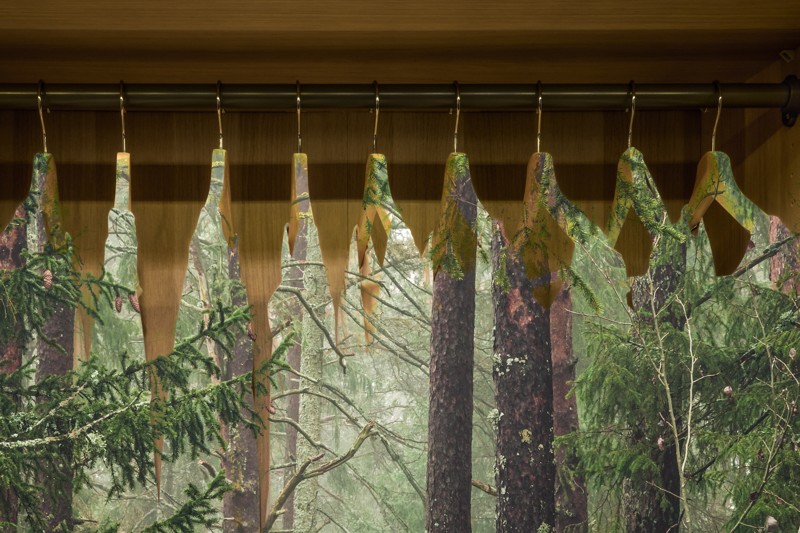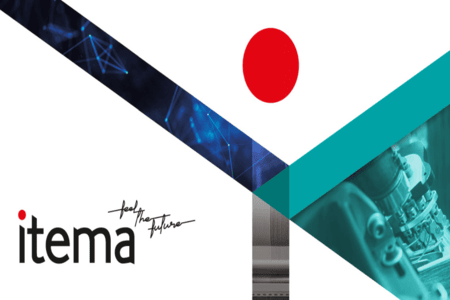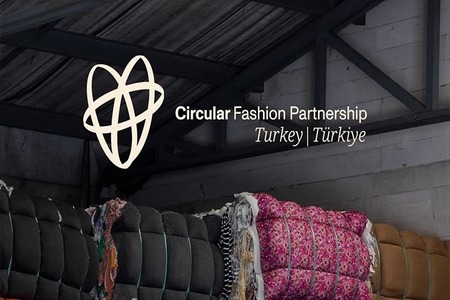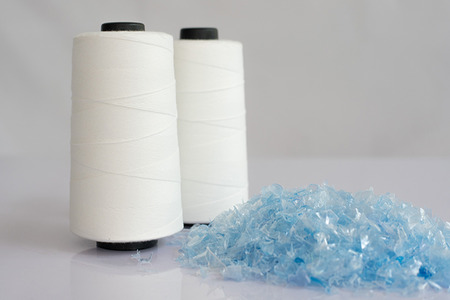
University academics create a circular toolkit
YarnsandFibers News Bureau 2021-05-03 08:20:20 – NoneNottingham Trent University (NTU) academics have created a new circularity toolkit to help the fashion and garment industries' sustainability efforts.
The Clothing Durability Dozen toolkit, created as part of the Defra-funded research project ‘Strategies to Boost Design and Testing for Clothing Longevity,' details 12 steps that businesses should take to improve sustainability across the entire garment lifecycle.
Senior lecturer, Angharad McLaren, said that Fashion is considered to be one of the lowest-performing sectors in terms of its environmental effects, and regulation to make the sector take responsibility for clothing waste seems imminent. They must take advantage of new ways to capture profit from discarded clothing.
She adds that the toolkit was created to help businesses recognize, map out, and celebrate what they're currently doing to produce high-quality, long-lasting apparel, and then draw on it to create innovative approaches to clothing durability that are customized to each company's requirements.
The university team tested the potential of the 12 approaches to achieving circularity in partnership with three undisclosed high-street brands. As the toolkit releases, this content will be accompanied by case studies to show how they could work into a company's activities, although it's also possible that they'll actually encourage more ideas on how a company might evolve and incorporate circularity into their processes.
Market Intelligence
Ask for free sample Report

experience
Customer Base
dedicated team
Countries Served Worldwide









